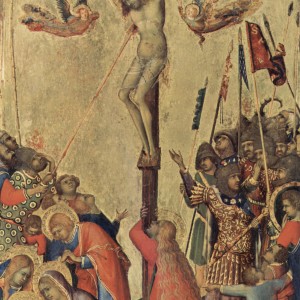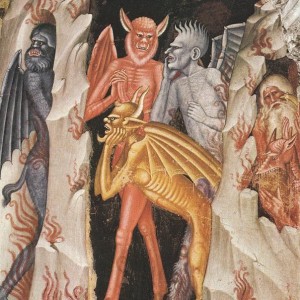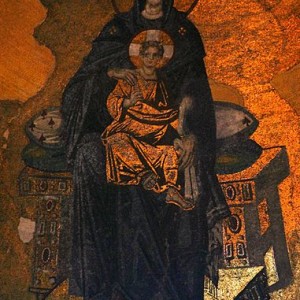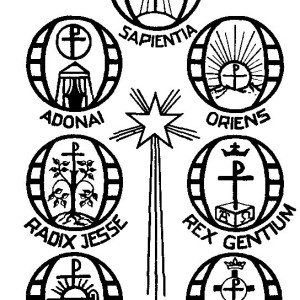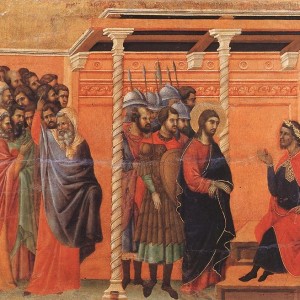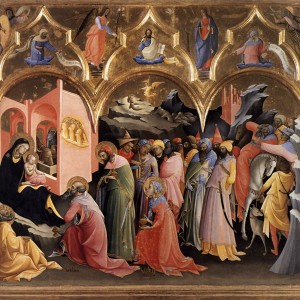St. John says that “there are three witnesses, the Spirit, the water, and the blood; and these three agree.” Why does he limit it to three witnesses? And why *these* three? What can the waters of Baptism, the Blood of Christ, and the Third Person of the Holy Trinity do that no other witnesses can do?
Tag: apologetics
Did Pope Francis Praise Lucifer?
Did Pope Francis praise Lucifer and declare him the Son of God? Yes, but not the Lucifer you’re thinking of.
Profiting from a False “False Prophets” Meme
A Facebook meme seeking to denounce the papacy for “false prophecy” ends up inadvertently pointing to the truth of the Catholic faith, and her Divine Founder.
Why was Jesus Born of a Virgin? (Four Wrong Answers, and the Right One)
As Christmas day approaches, we’re also confronted with a part of the faith that has caused great difficulty for Catholic and Protestant believers alike: the Virgin Birth. About a quarter of Americans deny the Virgin Birth (along with about a quarter of Anglican clergy in England). What should we say to these doubters? Why should we believe in the Virgin Birth, and why does it matter? Why was Jesus born of a Virgin? And why did the early Christians think this doctrine so important that they included it in both the Apostle’s Creed and Nicene Creed as a core part of what it is to hold the Christian faith?
The O Antiphons
Back in 2011, I wrote a series of reflections for the last seven evenings of Advent (tonight through the evening of December 23rd), focused upon the traditional “O Antiphons” tied to each night. Each one addresses Christ by a different title, based upon the Messianic prophesies in the Book of Isaiah. Most people are familiar with these titles… Continue reading The O Antiphons
What the Earliest Recorded Marian Prayer Reveals About the Early Church
The earliest recorded prayer to Mary, dating to about 250 A.D. says: “Beneath your compassion, We take refuge, O Mother of God; do not despise our petitions in time of trouble, but rescue us from dangers, only pure, only blessed one.” Here’s what that tells us about the early Church.
Hellfire & Jack Daniel’s: Gaudete Sunday
“Rejoice in the Lord always. I shall say it again: rejoice!” (Phil. 4:4)
Let’s talk about hell.
But first, let’s talk about Jack Daniel, the famous whiskey distiller.
4 Errors about the Burden of Proof for God
As longtime readers know, I used to be a lawyer before entering seminary to prepare for the Catholic priesthood. It’s perhaps unsurprising, then, that I’m fascinated by questions about the “burden of proof” in religious questions. For example, does the burden of proof fall on the believer or the atheist? What sort of evidence is permissible to meet this burden of proof? Do “extraordinary” claims require extraordinary evidence? Should they meet an extraordinary burden of proof, above the burden required for other sorts of claims? Here are four ways that those questions are answered incorrectly.
How Do We Encounter Christ?
Christ comes to us in history, in Mystery, and in majesty. So how shall we receive Him? Will it be with a spirit of terror, of apathy, or of joy?
When we pray, in the Nicene Creed, “We look forward to the Resurrection of the dead, and the life of the world to come,” do we mean it?
6 Ways to Reclaim Advent
In its rush to enter “the Christmas season,” the world has forgotten about the holy season of Advent. That’s a pity, because if we’re going to welcome Christ into our hearts this Christmas, we need to take the time to make room for Him. Here are 6 ways that you can reclaim Advent.
